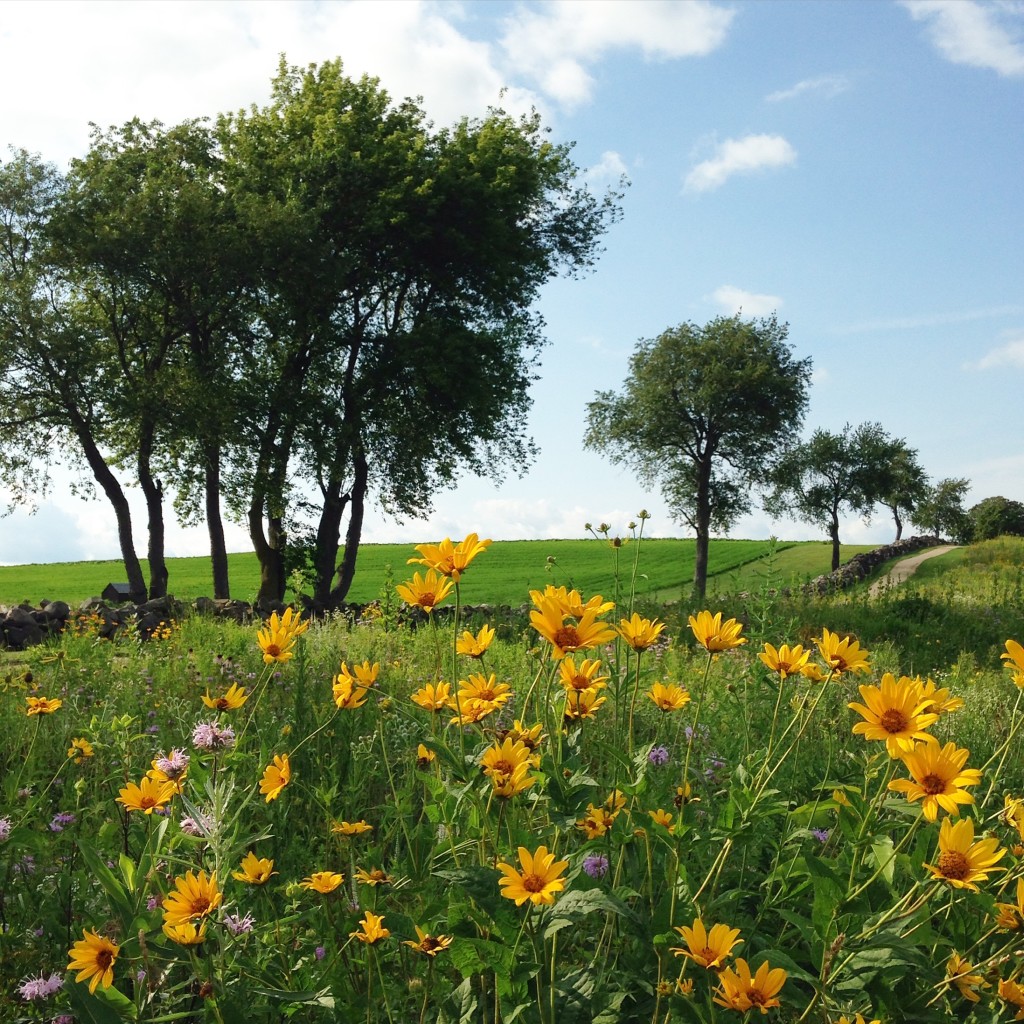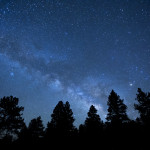 Sometimes we read to escape our surroundings. At other times, we read to better understand them. Lately, I’ve been drawn to the latter: writing that explores and articulates the Midwestern experience. It began in a Prairie du Chien gift shop a few weeks ago. I saw a familiar byline on an unfamiliar book cover: John Hildebrand. My first editing job was at a small, regional magazine called Wisconsin Trails. (No, it had nothing to do with trails.) Today it’s a digital-only publication but at the time it was a bimonthly print magazine with a 50-year history of covering life in Wisconsin. John Hildebrand—an English professor at UW-Eau Claire—wrote a regular column for the magazine called “Last Word.” Each issue, I looked forward to seeing a draft of it show up on my desk. (Though as assistant editor, all I was allowed to do was read it. Not that I could have improved it by marking it up with my green pen anyway.)
Sometimes we read to escape our surroundings. At other times, we read to better understand them. Lately, I’ve been drawn to the latter: writing that explores and articulates the Midwestern experience. It began in a Prairie du Chien gift shop a few weeks ago. I saw a familiar byline on an unfamiliar book cover: John Hildebrand. My first editing job was at a small, regional magazine called Wisconsin Trails. (No, it had nothing to do with trails.) Today it’s a digital-only publication but at the time it was a bimonthly print magazine with a 50-year history of covering life in Wisconsin. John Hildebrand—an English professor at UW-Eau Claire—wrote a regular column for the magazine called “Last Word.” Each issue, I looked forward to seeing a draft of it show up on my desk. (Though as assistant editor, all I was allowed to do was read it. Not that I could have improved it by marking it up with my green pen anyway.)
I admired the sense of place in Hildebrand’s writing. The world he described was a world I knew, the dramatic seasons and gentle landscape, the familiar cast of characters and yet, the chafing against the simpleton stereotype. His columns showed me that our region was a place with worthwhile stories. It was a place worth noticing. The book I discovered in the gift shop, The Heart of Things, is a collection of those columns, following the calendar year. I started reading it by the campfire that night as smoke curled towards the sky. The setting just seemed right.
When I returned home, I dug out another Midwestern book, The Land Remembers by Ben Logan. Written in 1975, Logan’s book is a vivid memoir of his boyhood on a southwestern Wisconsin farm and has since become a classic in its own right. When it was first published, a New York Times reviewer noted: “It’s not nostalgia for my own past that The Land Remembers made me feel; it’s nostalgia for a world he [Logan] makes me wish I’d known.” I had the privilege of interviewing Logan during my time with Wisconsin Trails. He was kind with a sharp memory and willingness to talk as long as I wanted. I regret that I didn’t get to meet him in person. (You can read about the outcome of that interview here. Proof that you never know where a conversation may lead.)
This love for the land and the Midwest experience is catching. A few months ago, I discovered a relatively new magazine called Driftless. (It’s not yet sold on newsstands where I live but you can order it online.) It too tells the stories of our region and its people in a way that “provides tangible proof that the Midwest is more than merely flyover country.” I can get behind that mission. I’ve never lived close to the land the way Ben Logan did on Seldom Seen Farm, but I understand the way he feels, as he describes in his introduction to The Land Remembers:
“Once you have lived on the land, been a partner with its moods, secrets, and seasons, you cannot leave. The living land remembers, touching you in unguarded moments, saying ‘I am here. You are part of me.’ When this happens to me, I go home again, in mind or in person, back to a hilltop world in southwestern Wisconsin. This is the story of that farm and its people. That land is my genesis. I was born there, cradled by the land, and I am always there even though I have been a wanderer.”



